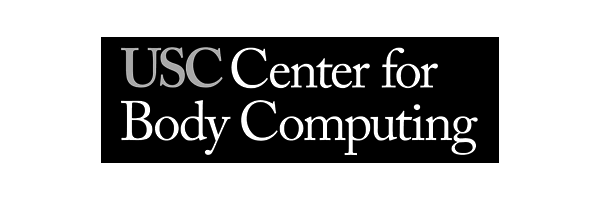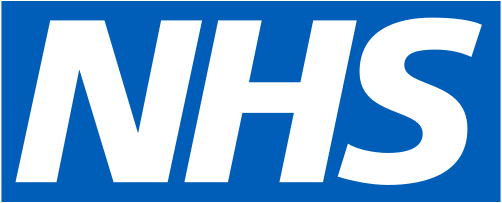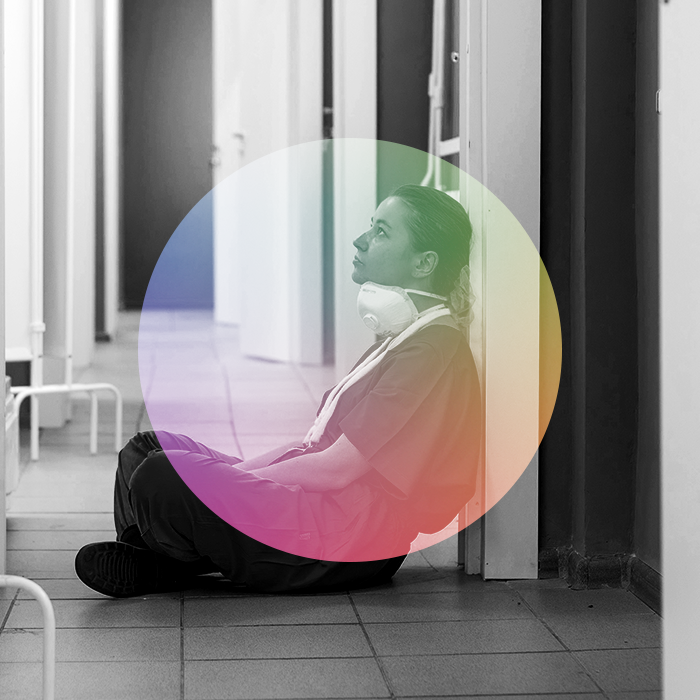
How Nurse Burnout Rates can be Improved with Microbreaks
Healthcare workers around the globe work selflessly to keep our communities healthy.
They work long shifts even during global pandemics, stay calm and confident under hours of pressure, care for anyone and everyone in need, and they deserve a break, especially as nurse burnout continues to rise across healthcare systems worldwide.
Why nurses say that 2-minutes is “just right” for alleviating burnout and boosting engagement
In a healthcare worker’s world of 12-hour shifts, back-to-back appointments, and untimely emergencies, it is common for many to realize they have worked the entire day without a break. These conditions are a major contributor to nurse burnout, fatigue, and disengagement.
It may feel like the days spent without a pause are the most productive and engaged workdays, but this is a misconception. When breaks are ignored or unavailable, healthcare employees experience higher levels of burnout and fatigue, a pattern that closely mirrors the causes of nurse burnout1.
Breaks are an essential part of keeping our minds fresh and focused on our work, especially before and after difficult or high pressure situations. Just a few 2-minute breaks throughout the day have been shown to help nurses cope with job stress and improve engagement, two critical factors in reducing nurse burnout2. When it feels like there is no time for a 10 minute, or even 5 minute break, “any break is better than none…microbreaks appear to be enough during demanding activities to mitigate some of the negative effects of long periods of unbroken work in healthcare workers”3. Create a plan to add at least 2 microbreaks to your day; you can spend 2 minutes stretching in between treating patients, or take 2 minutes of deep breaths during patient mealtime, simple actions that can help prevent nurse burnout from compounding throughout a shift.
Spending just 2 minutes taking a microbreak improves healthcare worker engagement at work due to their multidimensional effect in creating positive psychological and physiological impacts for employees, such as increased mood and productivity…they are even a fundamental step in promoting a safe and healthy work environment”1. Adding microbreaks throughout the day increases workday energy and lowers end of day fatigue4, reducing the accumulated strain of a busy or stressful shift.
Like “Super-user” Marie Wilson, Therapist at the NHS: “I do 10-hour days. Microbreaks have become important to me because I don't get away from the desk that often... As soon as I'm finished with a patient, I can click straight on, push my chair back, and stand up and be ready for exercise. And it's a lifesaver honestly—you need to move. It really gives you that lift for the day.”
Top 5 ways healthcare workers can add microbreaks to their day to reduce nurse burnout
1. In-between patients: Regain your energy for your next patient by spending 2 minutes moving and breathing, a powerful reset during long shifts associated with nurse burnout.
2. Together at lunch: Boost the benefits of breaks by taking them together, supporting social connection that protects against nurse burnout.
3. In online training sessions or meetings: End meetings with a 2 minute movement break that will reset the mind and body so you can return to patients energized and refreshed. Take a microbreak before training sessions to get ready to focus and learn, especially important for nurses experiencing burnout.
4. Set a reminder every hour while you review reports: Setting reminders to take breaks every hour during focused reviews can keep your mind sharp and your energy levels high, helping prevent nurse burnout during administrative work.
5. Gift them to a colleague to say thank you and to nudge them to take care of themselves: Use Breakthru’s gift feature to encourage healthy break taking habits in team members, a simple intervention to combat nurse burnout at a team level.
Prioritizing your patients means prioritizing yourself - Why taking breaks is especially important for preventing nurse burnout
In an occupation that rewards selflessness and undeterred patient care, it can be easy to overlook actions that are for oneself. Prioritizing a few 2-minute breaks throughout the day not only improves the worker’s body and mind, these breaks have reverberating effects on the quality of patient care and play a key role in preventing nurse burnout.
Long hours spent working and consecutive decisions made without a break can lead to decision fatigue, causing healthcare workers to make decisions that are cognitively easier. “General Practitioners are more likely to prescribe unnecessary antibiotics towards the end of clinics and nurses become progressively more likely to refer patients on to other healthcare professionals as time since last break increases”, a pattern often intensified by nurse burnout3.
Taking a short break can break up these periods of decision making and give your brain a break, reducing the strain of decision fatigue. Studies show that surgeons who take regular, brief microbreaks during operations have better physical and mental performance, reduced stress, and fewer intraoperative events. “The operations which included these microbreaks took no longer than standard operations, suggesting that the breaks ‘pay for themselves’ by counteracting normal reductions in speed and efficiency over time”3.
Stephanie Hyman, Medical Secretary/MDT Co-Ordinator, Royal National Orthopaedic Hospital, appreciates that using Breakthru doesn’t compromise her patients-first approach: “Yeah, two minutes is quite good. Because it means I don't feel guilty getting up and doing it.”
"People . . . are very good at being like an elastic band. ‘I will work harder. . . . I will do without a lunch break. I will give, give, give.’ Until they can't give anymore,” says Sarah Apperley, Patient Advice and Liaison Service at Gloucestershire Hospitals, a familiar cycle seen in nurse burnout5.
Yvonne Murray, Corporate Records Manager NHS Arden & Gem, adds: “I've been telling everyone, you need to look after yourself. You really do. Take a break. If I don’t look after myself first, I can’t help anybody out.”
How to help your healthcare team reduce nurse burnout
Healthcare workers need encouragement to add breaks to their day, especially nurses facing chronic burnout
Taking breaks can be difficult for anyone, but is especially challenging for workers that dedicate their lives to caring for others. Healthcare team members need encouragement to take care of themselves by taking at least a few short breaks throughout the workday to help their cognitive system recover and alleviate stress and burnout, key drivers of nurse burnout.
Breaks are a fundamental part of improving healthcare worker’s health and safety, but they are often forgotten in the flow of a busy day. Supporting your team members in adding microbreaks to their daily routine even boosts the positive effects of the breaks, and helps prevent nurse burnout before it escalates6.
When healthcare workers take breaks together, the impact is even stronger and can help reduce burnout1. Taking breaks as a team or with a few colleagues creates a social component of breathing and movement breaks that increases connection, trust, and collaboration, protective factors against nurse burnout7. Nurse managers can encourage their team to take microbreaks as they can help nurses detach themselves from high pressure and emotionally difficult situations2.
Gemma Rogerson, Lead Delivery Manager at the NHS England Workforce Experience Centre of Excellence said,5 “The app was so simple to use that our team knew we had to get this out. The two-minute micro movements to improve mental health really shine through. NHS employees can now give their colleagues the gift of time and positive movement.”
Stopping the accumulation of burnout and fatigue before it happens is the best way to keep your team happy, healthy, and doing their best work. Preventing nurse burnout before it becomes chronic can reduce attrition and improve workplace culture.
Add Breakthru to your day and encourage your team to do so as well to boost engagement, focus, wellbeing, and reduce nurse burnout at scale.
- Rettig, A. E., Moore, K., Savona, E., & Scala, A. (2021). Take-a-Break Intervention: Improving oncology nurse wellness. Clinical Journal of Oncology Nursing, 25(2), 210–214. https://doi.org/10.1188/21.CJON.210-214
- Wang, H., Xu, G., Liang, C., & Li, Z. (2022). Coping with job stress for hospital nurses during the COVID-19 crisis: The joint roles of micro-breaks and psychological detachment. Journal of nursing management, 30(7), 2116–2125. https://doi.org/10.1111/jonm.13431
- Allan, J. (2023, October 23). Why breaks are essential for healthcare workers1. Phys.org. https://practicalhealthpsychology.com/2022/08/make-or-break-the-importance-of-breaks-in-healthcare/
- Sooyeol Kim, Seonghee Cho, YoungAh Park. Daily microbreaks in a self-regulatory resources lens: Perceived health climate as a contextual moderator via microbreak autonomy. Journal of Applied Psychology, 2021; https://psycnet.apa.org/doiLanding?doi=10.1037%2Fapl0000891
- Microsoft. (2024). Breakthrough in NHS UK healthcare rewards. Microsoft Stories. Retrieved from https://ms-f1-sites-03-ea.azurewebsites.net/en-us/story/1690421118891529503-breakthru-nhs-uk-healthcare-rewards
- Nie, Q., Zhang, J., Peng, J., & Chen, X. (2023). Daily micro-break activities and workplace well-being: A recovery perspective. Current Psychology, 42(12), 9972–9985. https://doi.org/10.1007/s12144-021-02300-7
- Marta Zaraska, “Moving in Sync Creates Surprising Social Bonds among People,” Scientific American 323, 4, 64-69 (October 2020). https://www.scientificamerican.com/article/moving-in-sync-creates-surprising-social-bonds-among-people/
Breakthru in the World
Request a demo to learn how teams stay sharper, healthier, and more connected with Breakthru
See how science-backed, 2-minute microbreaks can boost focus, motivation, and resilience for your organization.
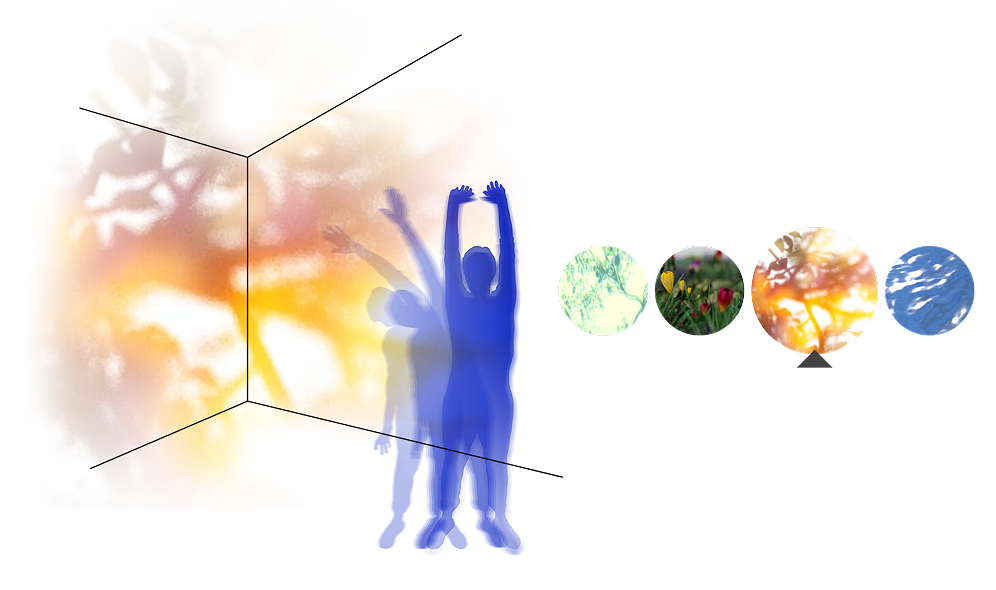
Join the
45,000+
corporations, educational
communities, and non-profits
worldwide using Breakthru.

